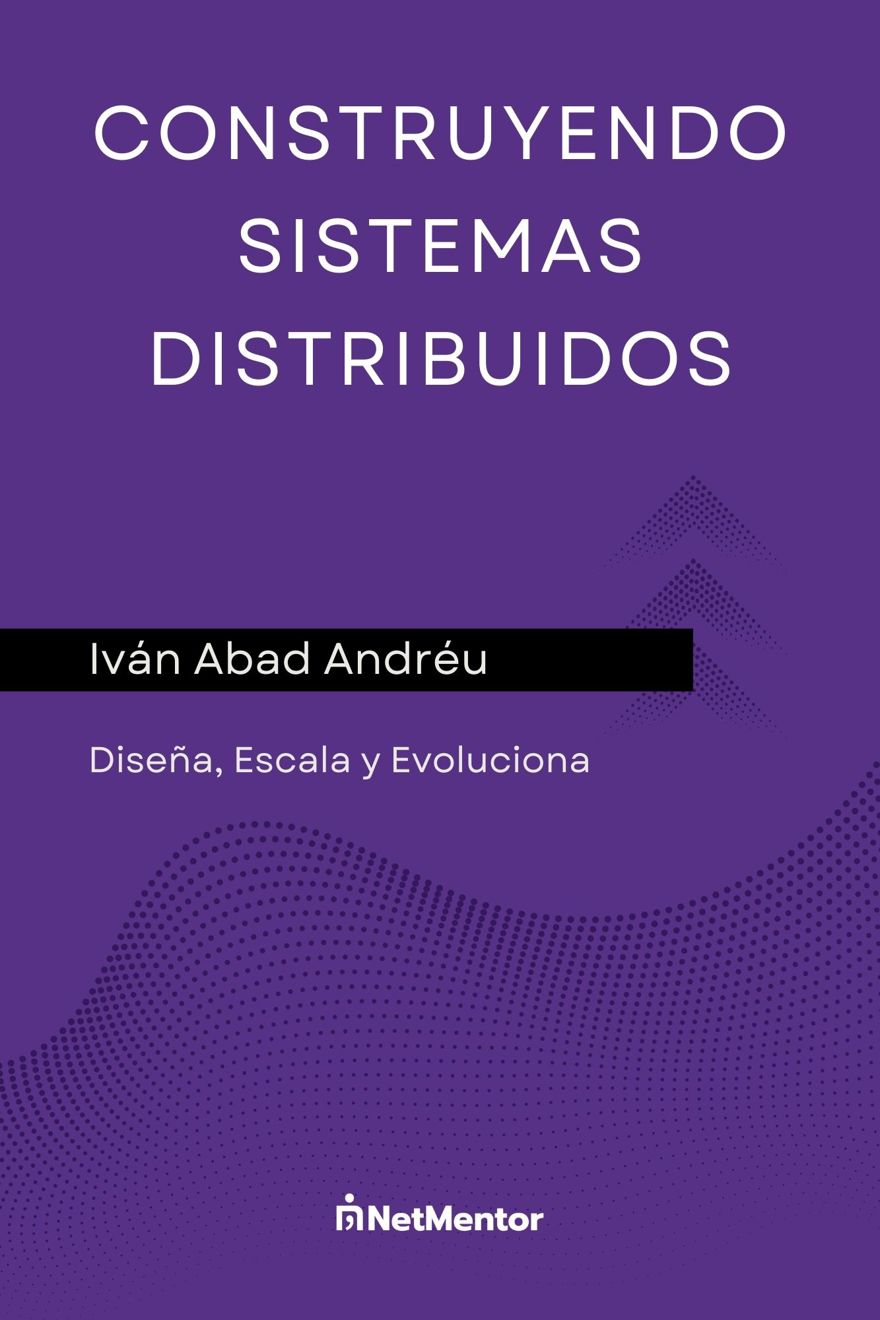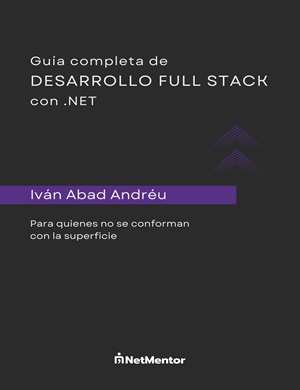In the world of software development, career paths are rarely straight lines. They are full of unexpected turns, challenges, and moments of pure inspiration. To shed light on what it means to be a developer in today’s .NET ecosystem, I had the pleasure of speaking with Andrés Pineda, a member of the Core team at Uno Platform.
Table of Contents
Our conversation went far beyond technology; we explored his journey from the Dominican Republic to Canada, the philosophy that keeps him from pigeonholing himself into one technology, and his experience overcoming one of the toughest moments for any professional. This post is a summary of the entire interview, but I highly recommend everyone check out the full interview.
Beginnings and History
How a C++ Book Changed Everything
Not all programming passions start in front of a screen. Andrés’ began at university, not with a computer, but with a C++ book. "I didn’t understand anything, but it caught my attention," he confesses. That curiosity was the spark that ignited a career spanning more than twenty-one years in development.
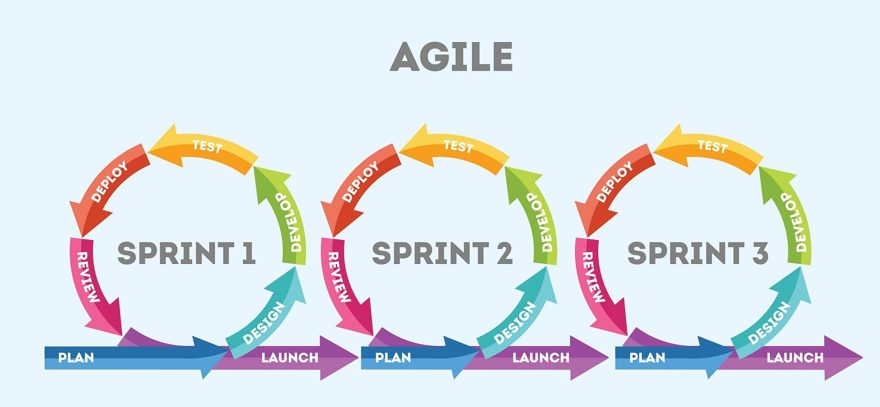
Landing his first job wasn’t easy, but once in, his hunger to learn and automate processes propelled him quickly upwards. A key milestone was his first remote job in 2012-2013, which opened his eyes to international development standards, such as stand-ups and more structured software lifecycles.
The Developer Philosophy: "Don't Label Yourself"
One of the most important points Andrés advocates is the need to be technology-agnostic. Although he is a .NET veteran from the beginning, he has also worked with Python and iOS.
"You shouldn't label yourself as a programmer of technology X... what we get paid for is to solve problems, no matter what technology is used."
He strongly recommends interacting with other communities. Learning from other languages and ecosystems not only expands your toolkit, but also lets you anticipate features that may come to your primary technology. "Many of the features that C# has been adding... I already saw them in iOS with Swift."
Facing Adversity
In 2022, Andrés experienced a mass layoff at Shopify firsthand. Despite always giving 150%, he understood that those decisions are rarely personal. His advice for those going through something similar is clear:
Don’t take it personally.
Talk to someone, don’t isolate yourself. The support from his family was key for him. Be patient. The world doesn’t end because of a job and eventually a new opportunity will appear where you are valued.
Uno Platform: Revolutionizing Cross-Platform Development
As a member of Uno’s Core team, Andrés gave us an insider’s view of the platform.
What is Uno Platform?
It’s a UI framework that lets you create native applications for multiple operating systems (iOS, Android, Windows, macOS, Linux, and even WebAssembly) from a single codebase in C# and XAML.
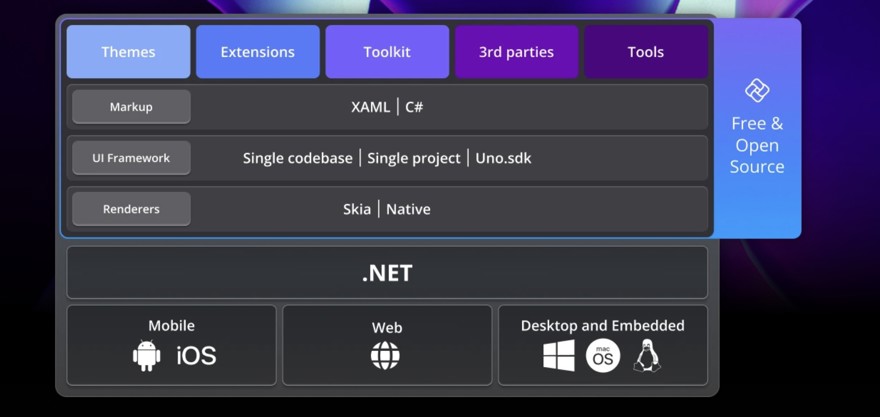
The big news in the latest versions is the option to choose between using native controls on each platform or a Skia-based renderer. The latter ensures a consistent look on all devices, eliminating the visual differences between an iOS button and an Android button.
The Crown Jewel: Hot Design
Andrés’ demonstration of the "Hot Design" functionality was simply spectacular. This tool turns your running application into a real-time design canvas.
Live editing: You can select any UI element and change its properties (text, color, size, etc.) directly, without writing a line of code.
Automatic persistence: Unlike browser DevTools, every change you make with Hot Design is automatically saved to your XAML code.
Massive time saver: It eliminates the tedious cycle of stopping execution, making a change in the code, recompiling, and navigating to the desired screen to see the result.
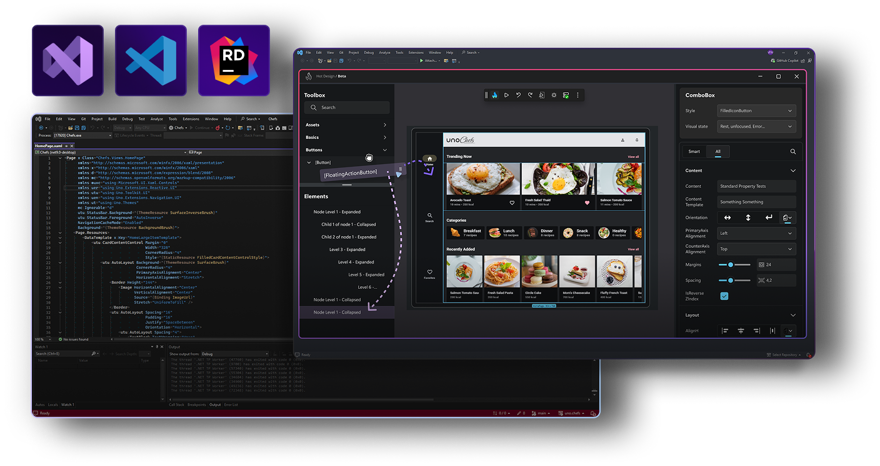
Migrating Legacy Applications
Do you have an old desktop application in WPF or WinForms? Uno Platform offers a way to modernize it. Andrés mentioned examples like NuGet Package Explorer and the Windows Calculator, which were migrated to work on the web and other platforms. The key to success, he emphasizes, is having a well-separated architecture where business logic is not tied to the UI.
AI and the Future: A Tool for Learning
Finally, we talked about Artificial Intelligence. Andrés has integrated it into his workflow, especially for planning and creating demo projects. His advice for junior developers is crucial:
"Use it for learning, not to do your job for you."
He suggests using AI to generate code and then asking it to explain each line. It’s a powerful tool to speed up learning, but it shouldn’t replace fundamental understanding.
The conversation with Andrés Pineda was a reminder that being a great developer goes beyond code. It takes curiosity, resilience, an open mind, and above all, connection with the community.
